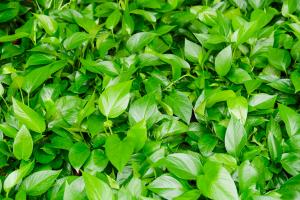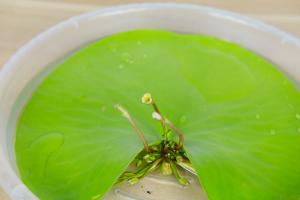Choosing the Right Location for Planting a Lemon Tree in South Africa
If you live in South Africa and want to plant a lemon tree in your garden or backyard, it is important to choose the right location to ensure the tree grows healthy and produces delicious fruit. Here are some factors to consider:
Climate and Soil
Lemon trees thrive in warm, subtropical climates, which makes South Africa an ideal destination. However, it is important to choose a location that is protected from frost and strong winds, which can damage or even kill the tree. In addition, lemon trees prefer well-drained soil that is fertile and slightly acidic with a pH between 5.5 and 6.5. If your soil is too alkaline, you can add compost or peat moss to improve its pH level.
Sunlight and Space
Lemon trees require plenty of sunlight to grow and produce fruit, so it is important to choose a location that receives at least 6-8 hours of direct sunlight per day. If you live in an area with hot summers, you might need to provide some shade for the tree during the hottest part of the day, especially if it is a young or newly planted tree. In terms of space, lemon trees can grow up to 6 meters high and wide, so make sure you have enough area to accommodate the tree and its roots.
Water and Drainage
Lemon trees require regular watering, especially during the growing season (spring and summer), but they also need adequate drainage to avoid waterlogging and root rot. Make sure you choose a location that is not prone to flooding or water accumulation, and that the soil is well-drained. You can also add some mulch or organic matter to the soil to improve its water retention and reduce evaporation.
Pest Control and Pruning
Lemon trees are prone to pests and diseases, so it is important to monitor your tree regularly and take preventive measures if necessary. Some common pests that affect lemon trees in South Africa include aphids, mites, whiteflies, and citrus rust mites. You can use natural or chemical insecticides to control these pests, but make sure you follow the instructions carefully and avoid harming beneficial insects or pollinators. In addition, lemon trees need regular pruning to remove dead, diseased, or damaged branches, and to maintain their shape and size.
Conclusion
Choosing the right location for your lemon tree in South Africa is essential to ensure its health and productivity. Consider the climate, soil, sunlight, space, water, drainage, and pest control when selecting the spot for your tree, and follow best pruning practices to keep it in top shape. With proper care and maintenance, your lemon tree can provide you with delicious fruit for many years to come.

 how many times do yo...
how many times do yo... how many planted tre...
how many planted tre... how many pine trees ...
how many pine trees ... how many pecan trees...
how many pecan trees... how many plants comp...
how many plants comp... how many plants can ...
how many plants can ... how many plants and ...
how many plants and ... how many pepper plan...
how many pepper plan...






























